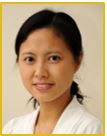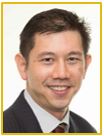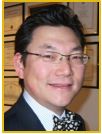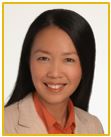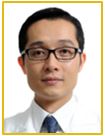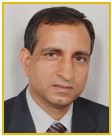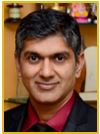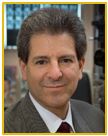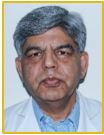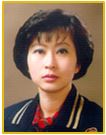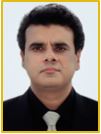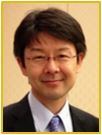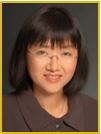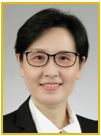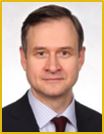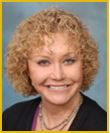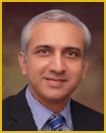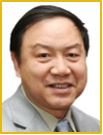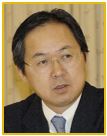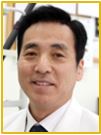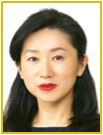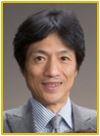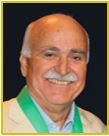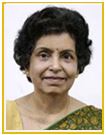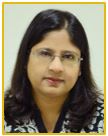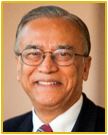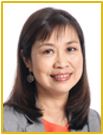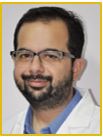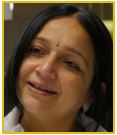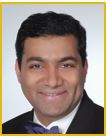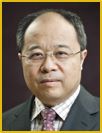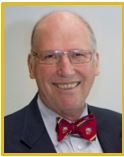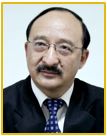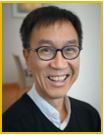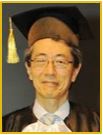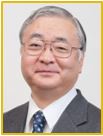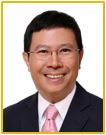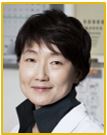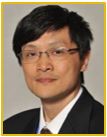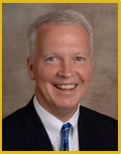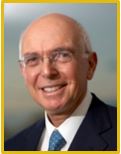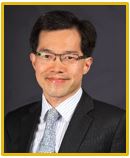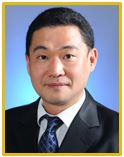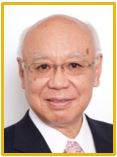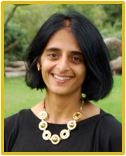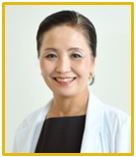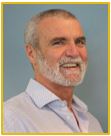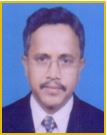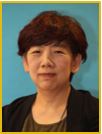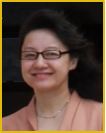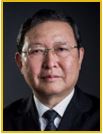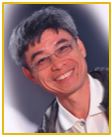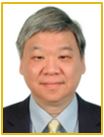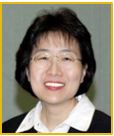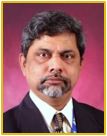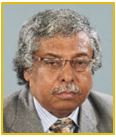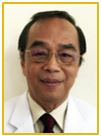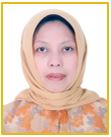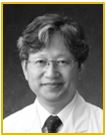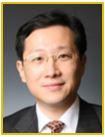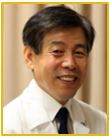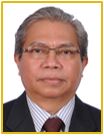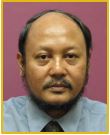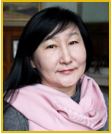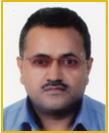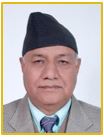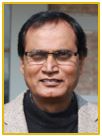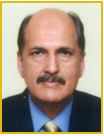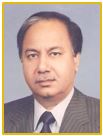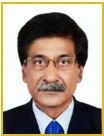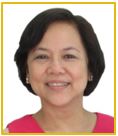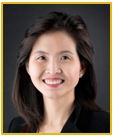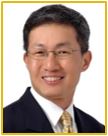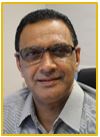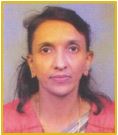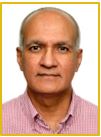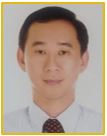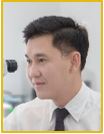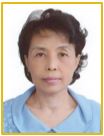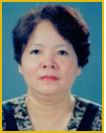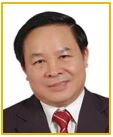Clement C.Y. Tham is S.H. Ho Professor of Ophthalmology and Visual Sciences at The Chinese University of Hong Kong (CUHK), Honorary Chief-of-Service of Hong Kong Eye Hospital, and formerly the Chief-of-Service of Ophthalmology at Prince of Wales Hospital and Alice Ho Miu Ling Nethersole Hospital. Prof. Tham is the Director of The Chinese University of Hong Kong Eye Centre (CUHKEC) at Hong Kong Eye Hospital. CUHKEC is also a Clinical Drug Trial Center accredited by the Chinese Food and Drug Administration (CFDA) of the People’s Republic of China. Prof. Tham is Deputy Director of Joint Shantou International Eye Centre (JSIEC – a joint clinical and research eye hospital of The CUHK and Shantou University), Honorary Secretary and Fellowship Examiner of The College of Ophthalmologists of Hong Kong (COHK), Fellowship Examiner of the Royal College of Surgeons of Edinburgh, and formerly the Editor-in-Chief of Hong Kong Journal of Ophthalmology (HKJO) and the Ophthalmology Editor of Hong Kong Medical Journal (HKMJ).
The primary academic interest of Prof. Tham lies in angle closure glaucoma, and the laser and surgical treatments of glaucoma. Prof. Tham’s earlier work established a role for immediate argon laser peripheral iridoplasty in the treatment of acute primary angle closure. Recently, his randomized controlled trials provided insight into the applications of lens extraction in both acute and chronic primary angle closure glaucoma eyes.
Prof. Tham is the Secretary General and CEO of Asia-Pacific Academy of Ophthalmology (APAO). He is also the Chair of the APAO Congress Committee, and a member of the APAO Award Selection Committee. Prof. Tham is the Vice President (International Relations) of the Asia-Pacific Glaucoma Society (APGS), and the Convener of the APGS Award Committee. He is a Member of the Board of Directors of the International Council of Ophthalmology (ICO), and a Member of the Global Advisors Committee of the American Academy of Ophthalmology (AAO). Prof. Tham was the Congress President and Chair of the Organizing Committee of the 2nd Asia-Pacific Glaucoma Congress (APGC) 2014 in Hong Kong, and the Chair of the Scientific Program Committees of the 27th APAO Congress 2012 in Korea, the 1st APGC 2012 in Indonesia, the 28th APAO Congress 2013 in India, and the World Ophthalmology Congress (WOC) 2016 in Guadalajara, Mexico. Prof Tham is also the Chair of the Local Organizing Committee, World Glaucoma Congress (WGC) 2015 Hong Kong.
For his work in the prevention of blindness, Prof. Tham was awarded the inaugural Nakajima Award by the APAO in 2005. In the same year, Prof. Tham was one of the awardees of the Ten Outstanding Young Persons Award in Hong Kong. Prof. Tham received the Achievement Award from the American Academy of Ophthalmology (AAO) in 2008, the APAO Achievement Award in 2010, the APAO Outstanding Service in Prevention of Blindness Award in 2011, and the APAO Distinguished Service Award in 2013. At the 28th APAO Congress 2013 Hyderabad, Prof. Tham presented the Holmes Lecture, which is the highest award for contributions to prevention of blindness in the Asia-Pacific region. Prof. Tham has also received numerous other awards in recognition of his contributions to research and teaching in the field of glaucoma.

